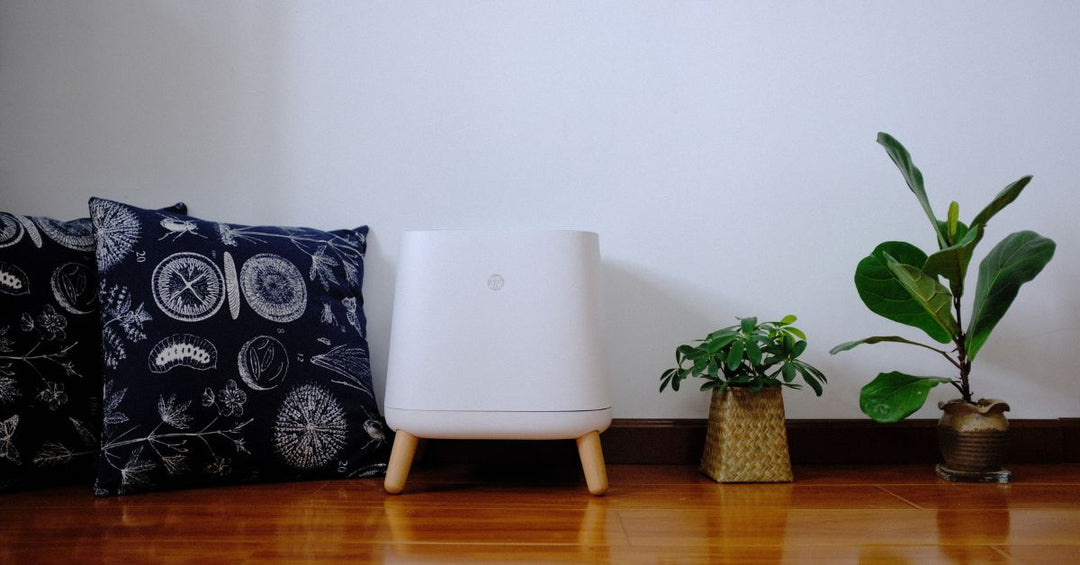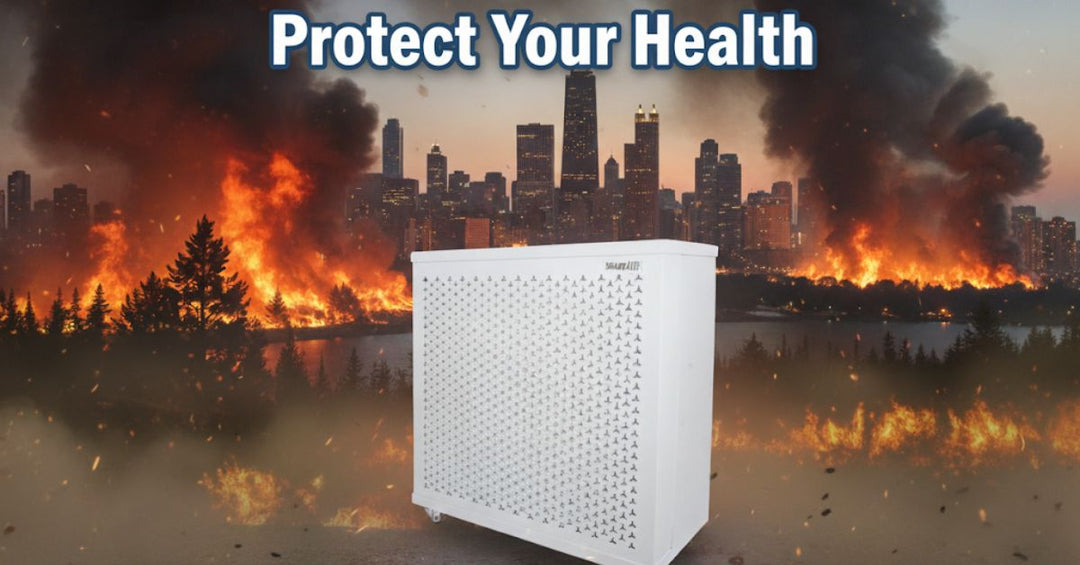How Effective Are Air Purifiers for Virus Protection?
Peer-reviewed scientific research has shown conclusively that HEPA air purifiers capture over 99% of viruses, even viruses as small as the coronavirus. However, it’s important to remember that air purifiers are not a silver bullet for virus protection.
Things to Look Out For When Using a HEPA Purifier to Protect from COVID
Here are the three most important things to keep in mind when using an air purifier for virus protection.
#1 Air Purifier Positioning is Important
Poorly positioned air purifiers may move air from an infected person towards other people. This has the unwanted potential effect of spreading droplets that contain viruses to the rest of the room, increasing virus transmission.
The good news is, this is an easy problem to solve. Making sure every air purifier is position to blow air into a room’s open space can reduce this possibility. The EPA explains:

#2 HEPA Filters Capture But Do Not “Kill” Viruses
Some people are concerned that viruses trapped in HEPA filters can become breeding grounds for viruses. This fear is unfounded because viruses do not multiply outside of their human or animal hosts. However, it is true that HEPA filters trap viruses. HEPA filters do not directly “kill” viruses like UV light can do.

However, research has shown that viruses typically become inactive within 48 hours on HEPA-like surfaces. What’s more, with air flow constantly passing over the virus, it may become inactivated even faster. Thus, any viruses trapped inside a HEPA will likely become non-infectious before anybody has a chance to touch them. That said, when replacing or moving HEPA filters that may contain viruses, they should be handled with care.
#3 Air Purifiers Don’t Provide 100% Protection against Viruses
Viruses often (but not always!) travel on large water droplets, which tend fall out of the air quickly. However, viruses like the coronavirus (SARS-CoV-2) and the flu virus can also travel on tiny aerosols that can float in the air for longer periods of time. If there are virus particles entering a HEPA filter, then the filter will capture over 99% of them.

However, air purifiers won’t help with viruses left on surfaces or in air that doesn’t pass through the purifier. In other words, installing air purifiers won’t stop all forms of virus transmission. Thus, people in the room still need to follow other forms of protection, such as good hygiene and wearing masks.
Bottom Line: Downsides of Air Purifiers to Filter Viruses
HEPA air purifiers are effective at filtering viruses, but they can’t be used in isolation, and consideration should be taken over their positioning and operation.
Learn More: What’s the best air purifier for COVID protection »




